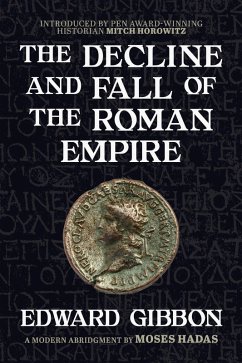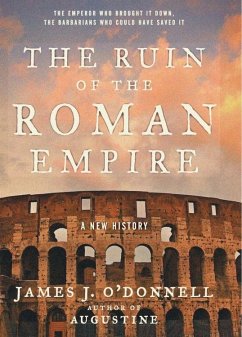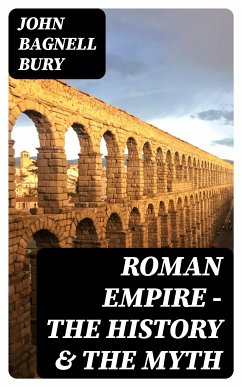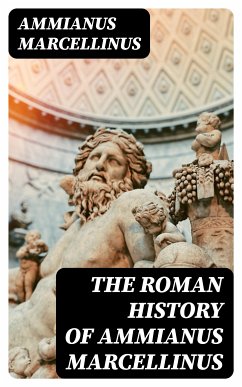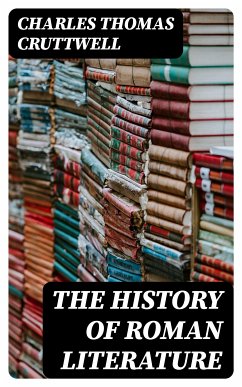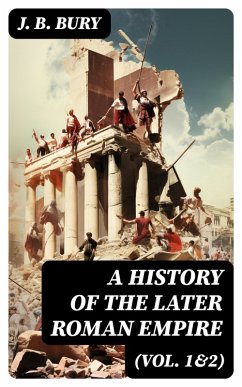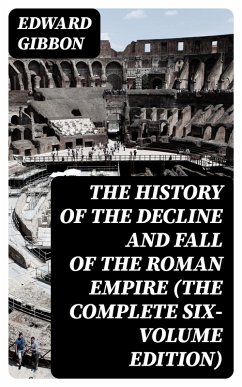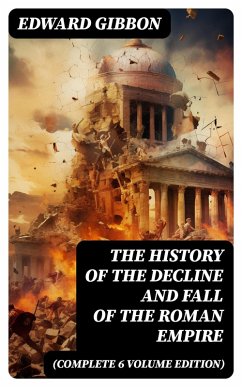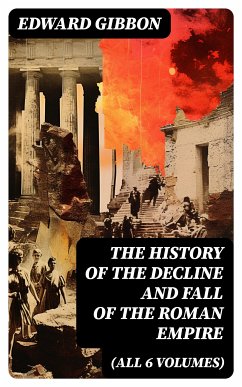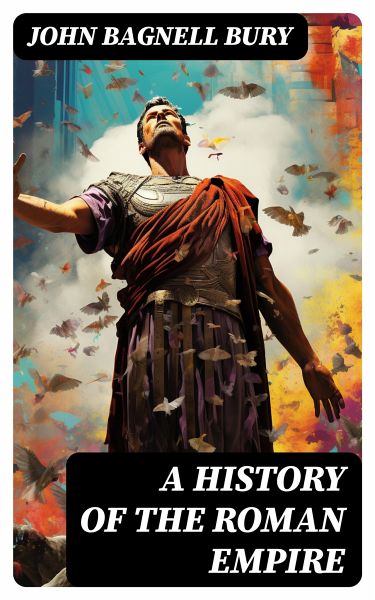
A History of the Roman Empire (eBook, ePUB)
From its Foundation to the Death of Marcus Aurelius (27 B.C. - 180 A.D.)
Versandkostenfrei!
Sofort per Download lieferbar
1,99 €
inkl. MwSt.
Weitere Ausgaben:

PAYBACK Punkte
0 °P sammeln!
In "A History of the Roman Empire," John Bagnell Bury presents a meticulous exploration of the political, social, and cultural evolution of one of history's most remarkable empires. Written with an engaging narrative style, Bury deftly navigates through the complexities of Roman history, from the late Republic through the imperial age, blending scholarly rigor with a prose that is accessible to both lay readers and specialists. His extensive use of primary sources and critical analysis situates this work within the broader historiographical context, marking it as a foundational text for unders...
In "A History of the Roman Empire," John Bagnell Bury presents a meticulous exploration of the political, social, and cultural evolution of one of history's most remarkable empires. Written with an engaging narrative style, Bury deftly navigates through the complexities of Roman history, from the late Republic through the imperial age, blending scholarly rigor with a prose that is accessible to both lay readers and specialists. His extensive use of primary sources and critical analysis situates this work within the broader historiographical context, marking it as a foundational text for understanding the dynamics of power and governance in imperial Rome. John Bagnell Bury, a prominent Irish historian and classical scholar, was deeply influenced by his academic background in ancient history and his expertise in classical languages. His work reflects a lifetime of scholarship, underscored by a commitment to historical accuracy and perspective. Bury's insights into the political intricacies of Rome emerge from his profound understanding of the ancient world and its enduring impact on modern governance. This book is essential for anyone seeking a comprehensive overview of the Roman Empire's legacy. Whether you are a student of history, a lover of classical civilization, or simply curious about the structures that shaped our world, Bury's articulate analysis will enlighten your understanding of the empire that laid the foundations for contemporary society.
Dieser Download kann aus rechtlichen Gründen nur mit Rechnungsadresse in A, B, BG, CY, CZ, D, DK, EW, E, FIN, F, GR, H, IRL, I, LT, L, LR, M, NL, PL, P, R, S, SLO, SK ausgeliefert werden.




